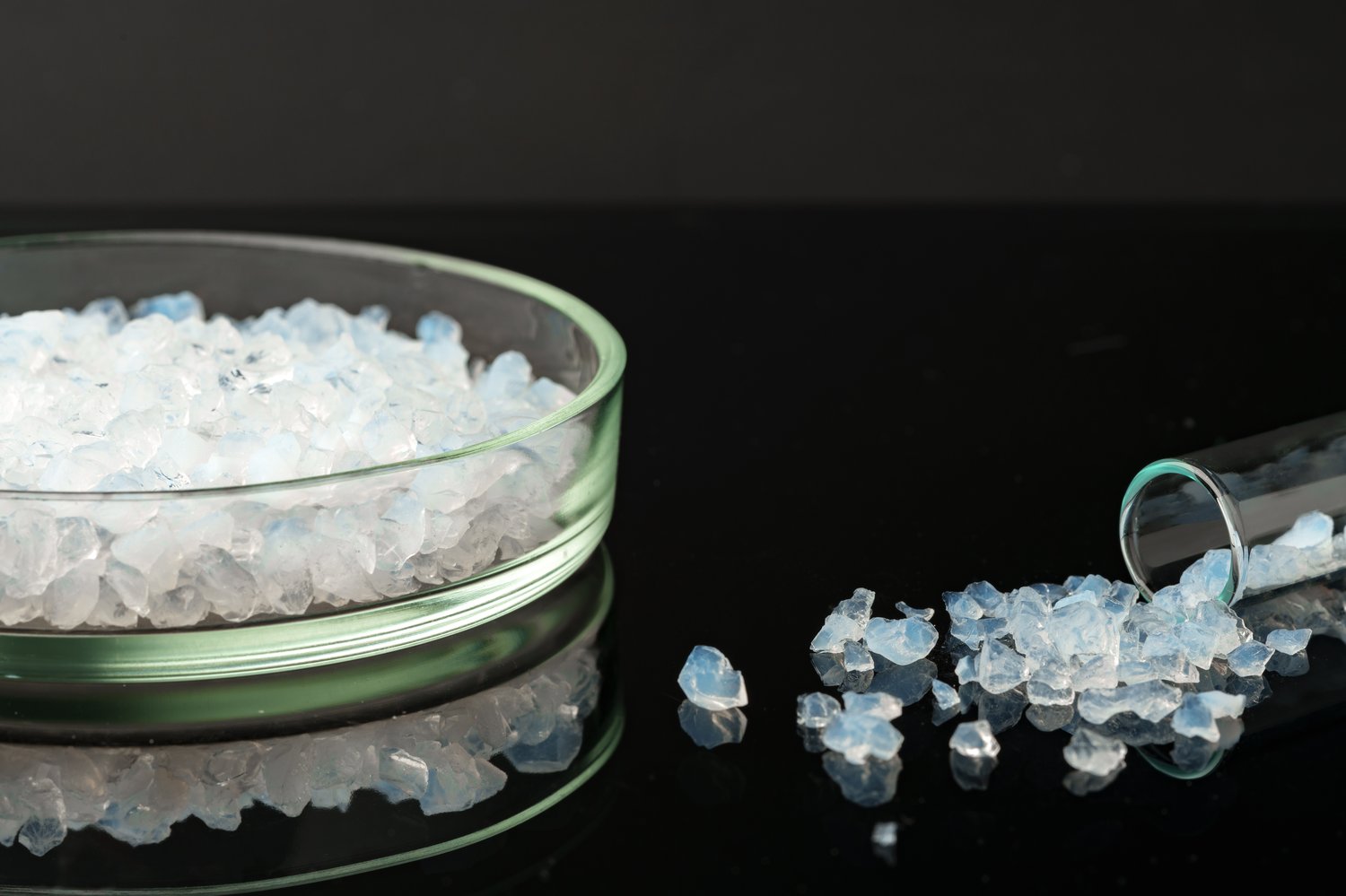Ensuring your household water is of top quality involves more than just installing a water softener—it requires making informed choices about the type of salt you use. This crucial decision can significantly impact your water softener’s performance, as well as the quality of water that flows through your home. Dive into the world of water softener salts and discover which option best suits your needs.
- Learn why the right salt selection is vital for optimal water softener performance and how it affects your home’s water quality.
- Explore the distinctive characteristics and benefits of various salt types, including rock salt, solar salt, and evaporated salt.
- Gain insights into key factors you should consider, such as water hardness, regeneration efficiency, and potential health or environmental concerns.
By the end of this article, you’ll be equipped with the knowledge needed to make a well-informed decision on water softener salt, ultimately enhancing your home’s water treatment process and overall water quality. Get ready to discover how each choice you make can transform your daily experience with water at home.
Understanding the Basics of Water Softener Salt Selection
Selecting the right water softener salt is more than just a choice; it’s an integral aspect of enhancing your home’s water quality. The type of salt you choose directly affects your water softening system’s efficiency, longevity, and overall performance.
When choosing water softener salts, consider how they react with the minerals in your water. The primary purpose of water softener salts is to replace calcium and magnesium ions with sodium or potassium ions, preventing scaling in pipes and appliances.
Furthermore, improper salt selection might lead to salt bridging or mushing in your softener tank, which can cause blockages and reduce efficiency. Therefore, understanding these basics will not only maintain your system but also ensure optimal water softness, supporting a healthier home environment.
Types of Water Softener Salts and Their Uses
When it comes to water softener salt types, each has its specific uses and benefits, making it pivotal to choose the one that best fits your home’s needs. Among the most commonly used types are:
Rock Salt: This is a natural, mined mineral that usually contains a blend of various minerals. While more cost-effective, rock salt might require more frequent cleaning due to higher insoluble material content.
Solar Salt: Harvested through the evaporation of seawater, solar salt is typically purer than rock salt. It’s available in pellets and crystals, offering versatile use in most water softeners.
Evaporated Salt: This is generally considered the highest purity option, with a minimal amount of insoluble matter. It’s made through the evaporation of water, ensuring a high salt concentration, making it ideal for users prioritizing system efficiency and reduced maintenance.
By understanding the specific advantages of each type, you can better equip your water softening system, ensuring it meets both efficiency and quality needs. Take time to assess the particular water conditions in your area to determine which type will provide the best results for your household.
Key Considerations for Water Softener Salt Selection in Your Home
When choosing the right water softener salt, several important factors should guide your decision-making process. One of the first aspects to consider is the hardness of your water. The level of hardness can significantly affect how well different types of salt perform in terms of efficiency and effectiveness.
Next, evaluate the efficiency of the salt in regenerating your water softener. Some types of salts dissolve more readily and promote better ion exchange, which is essential for the softening process. Ensuring that the salt you select can regenerate your system efficiently will help minimize maintenance needs and prolong the life of your water softening equipment.
Health and environmental concerns are also critical to consider. Some water softener salts have added elements or impurities that may influence water quality or leave residue in your appliances. Opting for purer forms of salt like evaporated salt can mitigate such issues. Moreover, consider the environmental impact of your choice. Some types of salts produce less waste and are more sustainable over the long term.
Ultimately, understanding these considerations will empower you to make an informed choice that not only benefits your water softening system but also aligns with your household needs and environmental values. By selecting the appropriate water softener salt based on these key factors, you’ll effectively enhance the water quality in your home while supporting efficient system performance.
Frequently Asked Questions about Water Softener Salt Selection
What are the most common types of water softener salt?
The common types include rock salt, solar salt, and evaporated salt.
How does the type of salt affect my water softener’s performance?
Each salt type impacts the efficiency of ion exchange and the regeneration process, affecting the overall water quality.
Is one type of salt more efficient than the others?
Evaporated salt is generally more pure and efficient, but the best choice depends on your specific water softening needs.
Can the choice of salt affect my health?
Typically, the differences in salt types do not greatly affect health; however, people on low-sodium diets should consult with a professional.
Are there environmental concerns with using water softener salt?
Yes, salt can negatively impact local waterways; opting for high-purity salts can reduce the environmental impact.





